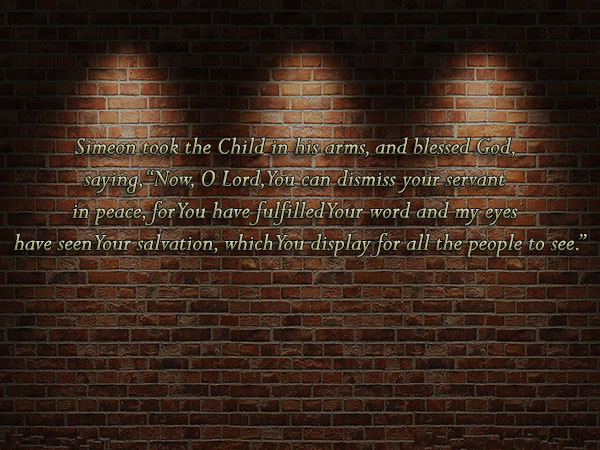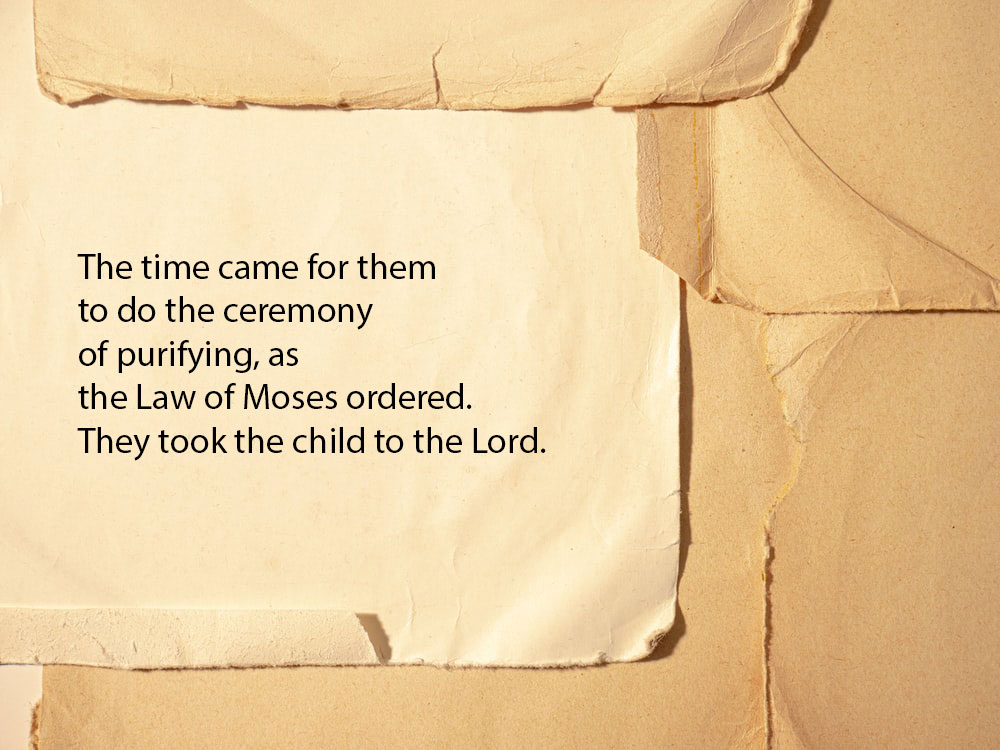ONCE AGAIN, SPIRITUS Hall (of the Holy Spirit Parish in BF Homes, Quezon City) was aswarm with PREX aficionados (from separate parishes yet of a singular persuasion) to immerse themselves deeper into the many, seemingly bottomless, surprises of a weekend that never fails to rehab, reinvigorate and renew the addiction thereto (I know mine is hopeless). The event, PREX Speakers’ Workshop, is another follow-up to the burgeoning NDAPPS extension work to ensure that the faithful’s fervor does not fade. My perception is that, for as long as its indefatigable proponent, Ate Mila Galinato, can still squint images through her impaired vision, the Weekender is far from throwing in the towel. With able, active and alive support from her august staff of facilitators, PREX does not look like it’s about to rest on its laurels. The teamsmanship of national and diocesan parish PREX secretariats, under the able spiritual directorship of Monsignor Romulo Rañada, appears to be merely muscle-flexing from these hard-hitting, praise-singing, worshipping PREXponents of evangelization.
Therefore, Kuya Ronald Astronomo, after the regulation bible enthronement, positioned himself on the pulpit to reflect on John’s Gospel, where Jesus did not flatter Nathaniel. God that He is, even as He affirmed him, He did not patronize either, making their exchange humble and rewarding because pride was missing.
Kuya Noel, the team’s Secretary, gave an overview of the workshop after acknowledging that the 65 registrants blessed their collective morning (ours, too). He seconded the earlier motion of Ate Mila that, in order to proclaim Christ, we must first know, love and serve Him. Which is why he was buoyed by the big number of aspirants to speakership. His parting shot on the evangelization mission was fidelity to the manual, not in accordance with the speaker’s preference, but by the lead of the Holy Spirit. Only then, he imparted, can we be able to Ibalita nang maganda ang Mabuting Balita.
“Spiritual Preparation” was Kuya Cesar Zurbano’s topic. His initial tips kept my ears pricked: Be childlike in humility and obedience; accept being a sinner; be healed before healing; and share brokenness. (My mind, accustomed to flashbacks when fired up, recalled Ate Edith Garrido admitting she cries every time she listens to my Talk # 3. Probably because I end it up with God always breaking my brokenness.) Kuya Cesar, by the Holy Spirit’s token, reassured that, even if we are sure we are getting tongue-twisted, the listeners hear an intelligible speech. More than once my tongue twisted but never was my attention called to it. Indeed, all are enabled by the Holy Spirit!
Kuya Cesar likened the stages to spiritual preparation to our getting ready for our final destination. Which makes perfect sense, I thought. Isn’t evangelization paving the way to our last trip from earth towards heaven? However laden with a lot of assumption, as long as our heart is attuned to Christ’s, the cleansing becomes imperative and, therefore, rewarding.
In my mind returned Ate Mila’s comment that my recent talk needs to be modified. I couldn’t lie that I expected it; my pride got the better of me and assigned the reflection to my partner, Kuya Rey, when I’ve always had it done. As quickly as I heard her say it, I told Kuya Rey of the necessary reverting. He will benefit from it more than I will made the acceptance humble and in order.
It was a pleasant fact that Kuya (Dad) Domeng Mendoza was in the lineup of speakers; he tackled “Components of a Talk”. His clever counsel to guarantee a fail-safe speech was to make it “heart to heart”. What he meant was for the speaker to invoke from his heart the hearts of the Holy Spirit and Saints to open the hearts of the participants that they may listen through them. Said he, “Hindi obligasyon o pinapasadahan lang ang panalangin.” Internalized, a pray-er’s prayer goes directly to the inner dimension of its intended beneficiary, making mutual the plea. The success of the speech is achieved when the listener’s conversion comes back to the speaker. Both disappear, however, because Christ has come to the fore. His millenial last shot: Don’t mind deadma (hinting that the dead is not a doornail that the Spirit can’t handle).
My delight was doubled when after him was announced Ate (Mom) Mila, his spouse, to talk on “How to Write/Deliver a Talk”. What flair in a consecutive pair! My surrogate parents, one after the other, in a strategic arrangement. Not losing her luster, Ate Mom enumerated the Dos and Donts of making (and breaking) a Talk. It was a breeze to go back to familial, familiar territory and much more so when I saw that my fellow spectators were lapping up the amusing, fundamental tricks their mentor was teaching them to transform the task into a cinch. Evidently, my Mom’s humor homed in.
“Jerusalem and Galilee” was Monsi’s reentry into where he left off at Mary the Queen Parish 7 Ps just last Wednesday. PREX, after all, is the Good News, the love of God that we share with others when we echo the Weekend experience. It is not a matter of going to church often or not, he said, because it cannot be a gauge of knowing God but it is a way, however slow, of opening our eyes to being a Christian or Catholic. The point of PREX, he stressed, is to listen again to God’s Word so that when we do, we no longer hear the News or read it, but simply reiterated, because already ingrained in our senses.
We have pious devotions, he continued, but how deep is the Word planted in our soul? in PREX, Christ forms us to be evangelizers, sharers of the Good News, Jesus Himself. Evangelized, a community changes. In consequential, meritorious increments.
Next, he delved into Talks 1 and 10 saying that, in the U.S., where priests only say one or two Masses, it was easy for them to find time for the Weekend. Therefore, Monsignor Fidelis Limcaco, because of the Philippine situation, decided to involve the lay in the PREX process, with the purpose of making parishioners intentional disciples, depending on their particular worlds. The collaboration of clergy and laity intends to propagate PREX. The assignment of Talks 1 and 10 to priests is owed to the truth of their long and thorough formation that equipped them for the task, on the one hand. On the other, the lay is also made competent by their immersion in the world. Separate from the priests. As in among the police ranks, the challenge is more directly asked of a police officer than a priest; the challenge comes not from on high but from the level where it emanates. He made an example of Kuya Ronald, a police officer, whose evangelizing and example will make anything among his ranks doable and possible.
As in a doctor, one knows the disease so the medic focuses on it. Talks 1 and 10 were assigned to priests because without them PREX will be like a vehicle running without two front wheels. Although he cautioned that if there are no priests to do the job in one’s parish, the thing to do is outreach. Because without a clerical leader, misunderstandings might arise. Speakers who do not have a venue for their craft may be sent to other Weekends. Where the soil is empty of seeds, let the soil fallow so that it is ready to receive when fresh seed emerges.
From Jerusalem, the disciples took the Gospel to where they went. Don’t get disheartened, he said, if priests are not keen on PREX, they are not the Lord. The Weekend is really a journey, as in the road to Emmaus, away from God. Emmaus is literally several kilometers from Jerusalem but is made much farther than that by disappointments and discouragements. But when the priest-speaker points it out, the listener develops an open mind, a sense of penitence, hope, which makes the priest an imperative speaker for Talk 1, no one else. When he starts to scrounge about and introduce Christ, His passion, death and resurrection, the Paschal mystery, he actually surveys – and sees – the new participants and their potential to plumb the process. Then Emmaus opens their mind, makes them penitent, gives them hope, and brings them back to Jerusalem.
What about Talk 10, he went on. It could be handled by a lay person, yes, but since the subject is evangelization, it will be practical again for the priest to take the participant from disappointment to hope. Making him the opener and closer of all the Talks, sandwiching everything in-between.
Galilee, he concluded, was where Jesus started His ministry. When He rose from the dead, He returned there. As if in answer to Mary Magdalene’s question-song, in the Rock Musical “Jesus Christ Superstar, “Could we start again, please?” Making everything that ensued a beautiful, never-ending, history-repeating PREXurrection.






